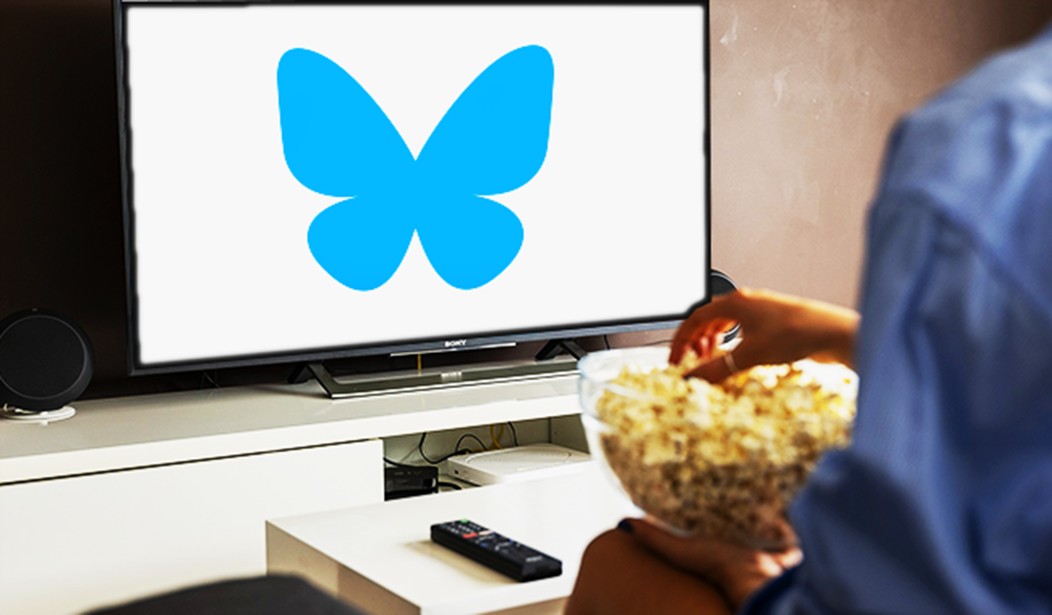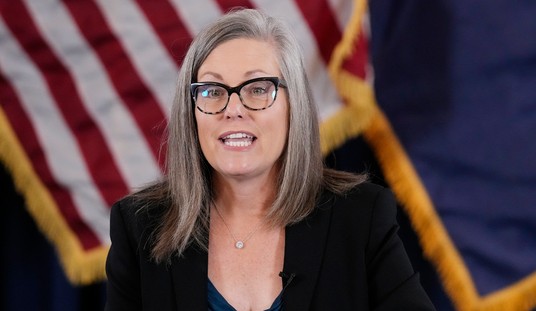The politically motivated assassination of Charlie Kirk has spurred a national conversation on the trajectory of the country. Several warning signs are flashing and alerting us to an increasingly lax attitude about the acceptability of political violence.
An untold number of thinkpieces have been published. I stumbled upon one such article at LiberalCurrents (archive links):
Yes, It’s the Guns. It’s Also the Phones.
Life online is corroding the virtues that make liberal democratic life tenable.
Alan ElrodA Democratic lawmaker and her husband were killed in their Minnesota home. A gunman killed a police officer in an attempt to assault the CDC headquarters in Atlanta. Two Colorado teenagers were hospitalized after another, radicalized teenager shot them. And a right-wing activist was shot dead in front of a crowd of college students in Utah. All of this unfolded in the last three months.
A confounding aspect of where we are right now as a country is that the everyday person in their home or workplace is horrified and frightened by acts of violence, political or otherwise. But the people we are online are often not. Moreover, who we are online matters deeply for the state of our democracy and the nature of our society. It’s no longer tenable, in the year 2025, to delineate between the digital world and “real life.” The bile we swim in daily, sometimes for hours on end, is corroding the virtues that make liberal democratic life tenable. And, even among the most responsible of us, the deleterious effects of engaging our fellow citizens through a screen are nearly impossible to avoid. [...]
Historian Jon Grinspan argues in his book, The Age of Acrimony: How Americans Fought to Fix Their Democracy, 1865-1915:
Of course, the 1960s were also infamously turbulent and violent. Shocking police and protester clashes rocked the 1968 DNC. Assassins claimed the lives of John F. Kennedy, Robert Kennedy, Medgar Evers, Dr. Martin Luther King Jr., and more.
20th century America’s expectations of restrained public politics were a historical outlier. That civility was an invention, the end result of a brutal fight over the nature of democracy that raged across American life in the late 1800s…Racist terrorism during Reconstruction, political machines that often operated as organized crime syndicates, and the brutal suppression of labor movements made the deadliest era in American political history.
Our environment today is different. The nature of our extremism has changed, and party foot soldiers don’t typically menace one another in public squares. But in the spaces where many who are inclined toward deep political engagement spend their time, the atmosphere is thick with rage, contempt, and a punishing layer of dehumanizing detachment. [...]There is evidence that social media and digital interactions fundamentally undermine our capacity to exercise and build empathy. As Dr. Helen Riess argues in her book, The Empathy Effect, this is largely because we rely on things like eye contact and body language to communicate additional information, build connections, and intuit other people’s emotional states.
I agree that online behavior is bilious and corroding civic virtue. It’s destroying empathy and understanding. There’s a divergence between what’s good for society and what’s good for a social media company; it’s in the interest of a social media company to promote engagement, both positive and negative, because it helps their bottom line.
Rage and anger are great drivers of engagement. Therefore, content that makes you angry is profitable for a social media company. Content that leads to massive online brawls is even better. This divergence in interest, in my opinion, is why social media is ironically anti-social.
On X, on Reddit, on Bluesky, and elsewhere, there is brawling and venom. Heartless glee and pathological opportunism trail our public tragedies without fail. In less heated moments, we are simply being slow-cooked in an environment that conditions us to lean on our most anti-social impulses. Online, America is in a frighteningly combustible condition. [...]
We aren’t just failing to see the humanity in each other in our individual exchanges online. We have also become careless about the kinds of content we throw out to anonymous followings, especially in moments where caution and compassion would be most beneficial. [...] What little we know so far about Kirk’s killer suggests that he was incredibly, terminally online. [...] The brain-breaking effects of living our lives through social media are increasingly hard to ignore.
In contrast to a social media company’s profit motive is the interest of a democratic society to promote healthy dialogue over vicious mudslinging. Considering how social media is failing at this, it makes sense that social media’s rage bait is a net negative for liberal democracy.
What our screens and online worlds deny us is the ability to contemplate one another as full people, as fellow humans, and—crucially, for a liberal democratic society—as fellow citizens. And they also deny us the space for self-reflection. I have turned time and again in recent months to philosopher Robert Talisse’s work Civic Solitude. It’s not a call for isolation, but an argument that, for a democratic society to thrive, our lives must be full of vibrant and healthy and social connections and meaningful contemplation of our polity and our place in it. As Talisse urges, “democracy calls for us to see beyond ourselves.”
Overall, it is a thoughtful article, and I recommend that you read it yourself. However, I did not find any case, let alone a compelling one, made against guns. The case against phones was somewhat understandable, but it’s more a case against social media, specifically its role in enabling cloistered echo chambers, than against phones themselves.
All technology is dual-purpose. Fire is used to cook food and heat homes. It’s also used for arson. Water sustains life, but it can also be weaponized. Atoms can be split for peace or destruction.
People use social media to connect with friends, post kid and pet videos, and advertise yard sales. It has a dark side, but that doesn’t make the technology categorically evil. Likewise, the positive side of guns is overwhelmingly greater than the negative side. They’re used for sporting and recreational purposes. Guns are also the ultimate tool of personal self-defense that forces a physically stronger aggressor to be on par with a meek or disabled person.
I understand Alan Elrod’s concerns. Like millions of people, I am also worried about the direction of the country and the upkeep of its classical liberal traditions. But blaming guns is simplistic and guaranteed to aggravate the raw emotions we want to see calmed down.
Editor’s Note: Do you enjoy the pro-2A reporting at Bearing Arms that takes on the gun control lobby and their allies in the media? Support our work so that we can continue to bring you the truth.
Join Bearing Arms VIP and use the promo code FIGHT to get 60% off your VIP membership!








Join the conversation as a VIP Member